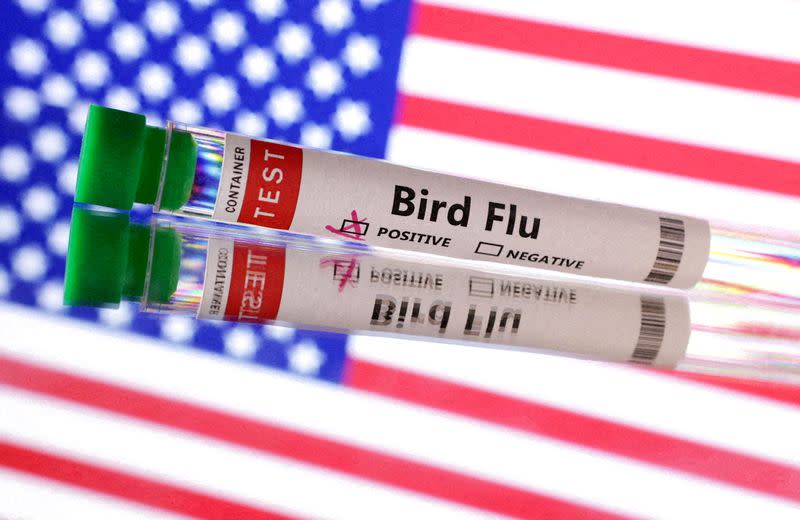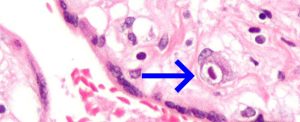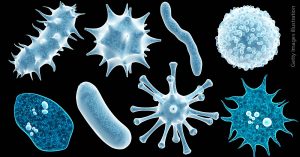United States: The US Centers for Disease Control and Prevention (CDC) disclosed on Thursday that its examination of specimens tied to the nation’s inaugural severe avian influenza 22 case revealed genetic mutations absent in samples taken from an infected backyard avian group on the patient’s premises.
The CDC highlighted that the patient’s specimen contained alterations within the hemagglutinin (HA) gene—a pivotal component of the virus responsible for facilitating its adhesion to host cells, according to Reuters.
Despite this revelation, the health agency underscored that the overall risk posed to the public by the ongoing outbreak remains minimal and unchanged.
Bird flu virus in first severe U.S. human case shows mutations, CDC says – STAT
— bunnie (@bunnie56274335) December 27, 2024
( Please all Conservative Bible Thumping Fascist Republicans do NOT repeat NOT take any vaccine or Medicine 💊 put your life &trust in RFK Jr ) https://t.co/wLLjhjBmUp
Last week, the United States documented its first severe occurrence of the virus in a Louisiana resident aged over 65 years who was grappling with an acute respiratory affliction.
The individual had contracted the D1.1 genotype of the virus, a strain recently identified in wild avifauna and poultry within US borders. This contrasts with the B3.13 genotype, which has been detected in dairy cattle, human cases, and certain poultry populations across multiple states, as per the reports by Reuters.
The genetic alterations observed in the Louisiana patient are considered anomalous, though similar mutations have been occasionally reported in other nations, particularly during critical infections. Intriguingly, one of these mutations was previously identified in a severe case in British Columbia, Canada.
The CDC clarified that no evidence has emerged to suggest transmission of the virus from the Louisiana patient to other individuals.





